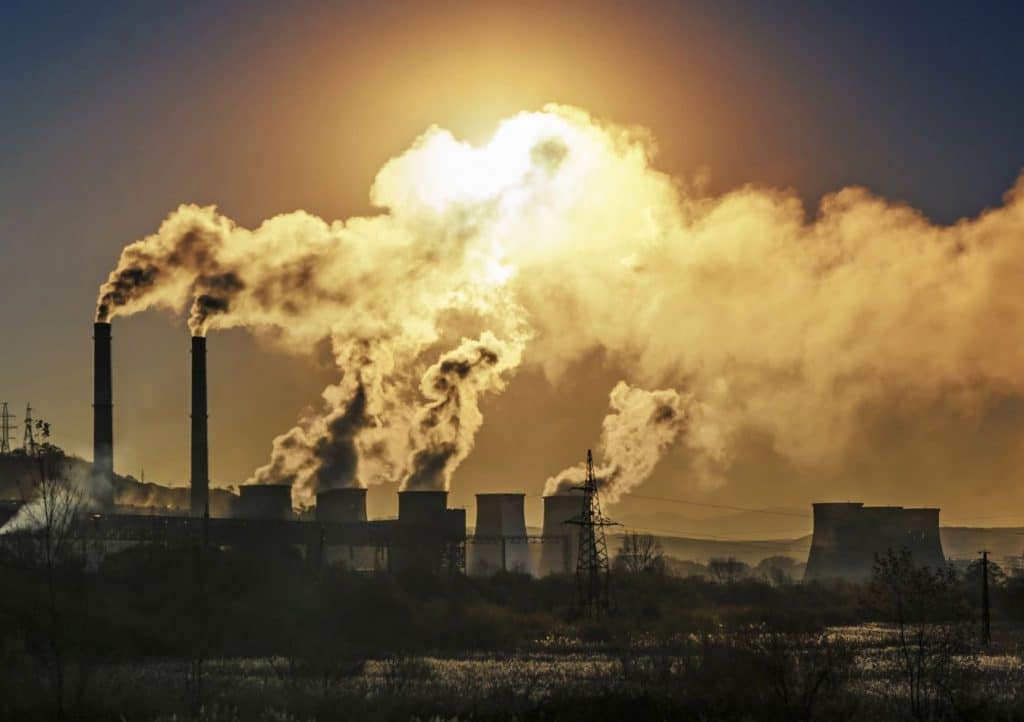
The World Economic Forum (WEF) has launched its Global Risks report, a comprehensive document that examines the most significant risks that humanity could face in the coming decade.
Climate change emerges as the greatest threat to the economy, the well-being of the population and the availability of natural resources, according to the perspective shared by the majority of those surveyed.
In this sense, this report is based on the participation of 1,500 experts from the business, academic and government fields.
Environmental risks are seen as reaching a “point of no return” in the next ten years, ranking among the four main global risks for the period 2024-2034, according to the perception of these experts.
The report highlights that extreme climate events, critical changes in Earth systems, the collapse of ecosystems and resource scarcity could lead the planet towards an inhospitable and catastrophic scenario.
Climate change and biodiversity loss
It is also emphasized that these risks will test “our capacity to adapt”, and the perceived severity of biodiversity loss and ecosystem collapse has worsened compared to last year.
Respondents express fear about global capitalism’s ability to adapt to a world 3°C warmer than the pre-industrial era. It is highlighted that, although climate impacts manifest themselves silently, their effects are felt systemically, intensifying repercussions on food, water and health security.
You can read: How does Russia manage to achieve the largest economic volume in Europe despite sanctions?
The report warns of the possibility that the climate crisis will trigger changes in planetary systems over the next decade, potentially without the world realizing that the “point of no return” has passed.
You may be interested in: Nicaragua celebrates 17 years of great social and economic progress
The discrepancy in perceptions of urgency between risk analysts and decision-making leaders reflects the complexity of addressing this global problem.





